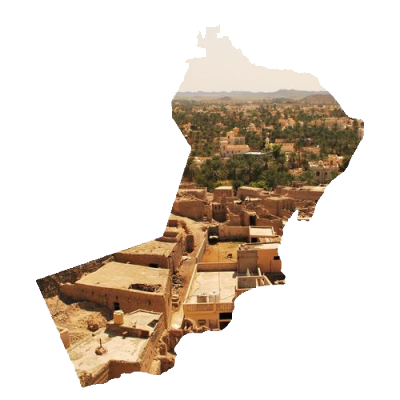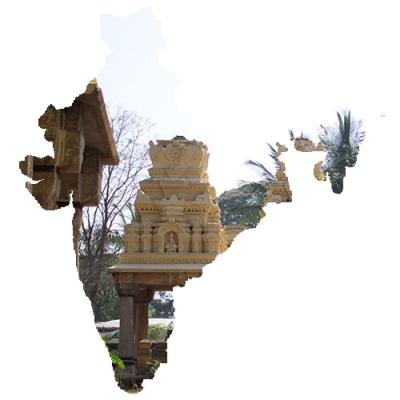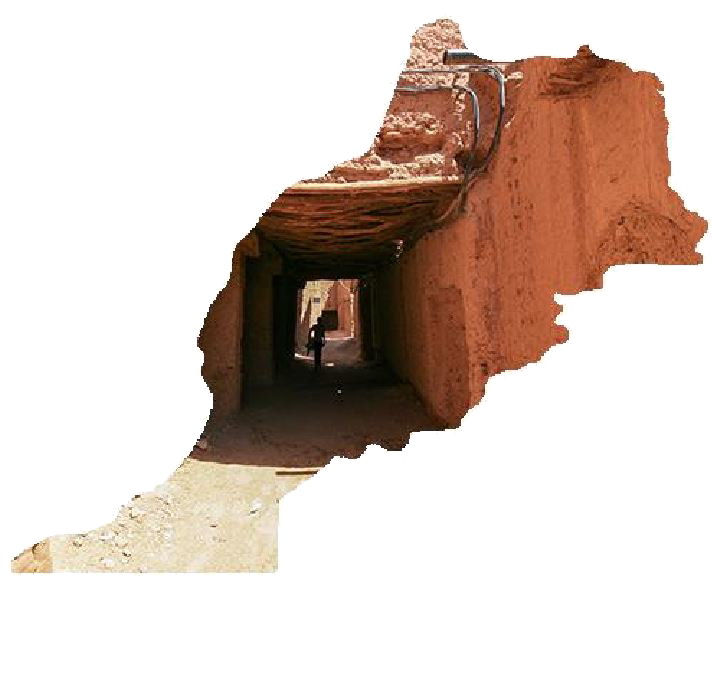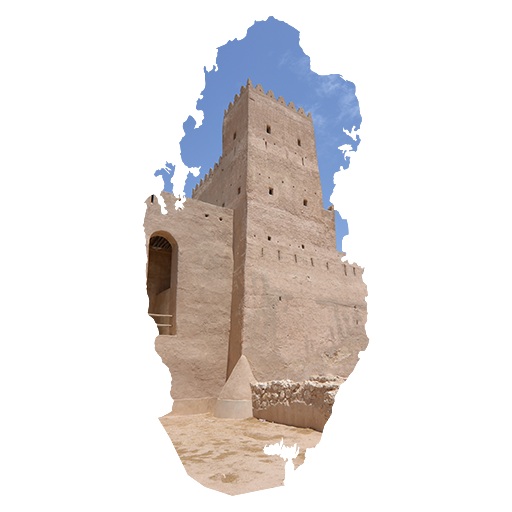ArCHIAM, Centre for the Study of Architecture and Cultural Heritage of India, Arabia and the Maghreb, is an interdisciplinary forum based at the University of Liverpool and dedicated to the research of tangible and intangible heritage across three interconnected geographical regions. Cutting across traditional disciplinary boundaries, the Centre provides an exciting opportunity for the study of both historical and contemporary phenomena with the aim to develop theoretical positions and historical understandings but also practice-based research.

The Centre consists of an international team of researchers from a variety of academic backgrounds in architecture, archaeology, social history, ethnography, conservation and digital documentation. One of the key aims of the Centre is the multidisciplinary study of how human culture and social practices are expressed spatially, and how in turn space affects the cultural practices of groups and communities.
Projects
For a number of years ArCHIAM team members have been involved in the ongoing study and documentation of heritage sites in the Middle East. By request of the Ministry of Heritage and Culture of the Sultanate of Oman a series of high-quality documentation efforts were carried out to ascertain the state of preservation of some of the country’s most important architectural exponents, including the Bahla UNESCO World Heritage Site. Beyond the production of plans, drawings, photographs, virtual reconstructions and other materials of the highest standard, the ArCHIAM Heritage Management Plans aim for the development of sustainable re-integration strategies of the traditional vernacular architecture into the country’s rapidly changing economic and social realities. To achieve this a strong emphasis is placed on the cooperation of local stakeholders and understanding the sensitivities and requirements of the inhabitants.
In keeping with the ArCHIAM mission statement, the study of anthropological substrates of the built environment and the spatial relationships within vernacular settlements figures very highly on our list of priorities. The members of the team pursue their individual research agendas in architectural technology, fortification, archaeology, tribal identities, conservation, etc., the results and conclusions being cohesively fed into the management plans and numerous ancillary scientific publications.
Impact
ArCHIAM works with various government bodies and local communities in Oman to influence and develop pioneering heritage policies in the Middle Eastern context and shape heritage focused community cooperative development and its visibility.
ArCHIAM’s work has helped government and private stakeholders realise sustainable tourism and heritage management goals through project implementation, and professionals across the Middle East and the UK to build capacity in the cultural heritage sector.
Outreach and Dissemination
ArCHIAM strives to provide high quality research materials for educational and public outreach programmes. ArCHIAM visualisations, plans and drawings are being displayed in a variety of museums and exhibitions on architectural history and vernacular architecture.
As part of fieldwork efforts undertaken in Oman, ArCHIAM team members have engaged with members of the community and trained students and ministry employees in survey techniques, photographic documentation and architectural analysis in order to build up local expertise and interest in the traditional lifestyles.










